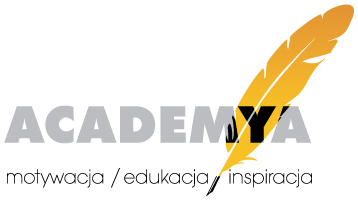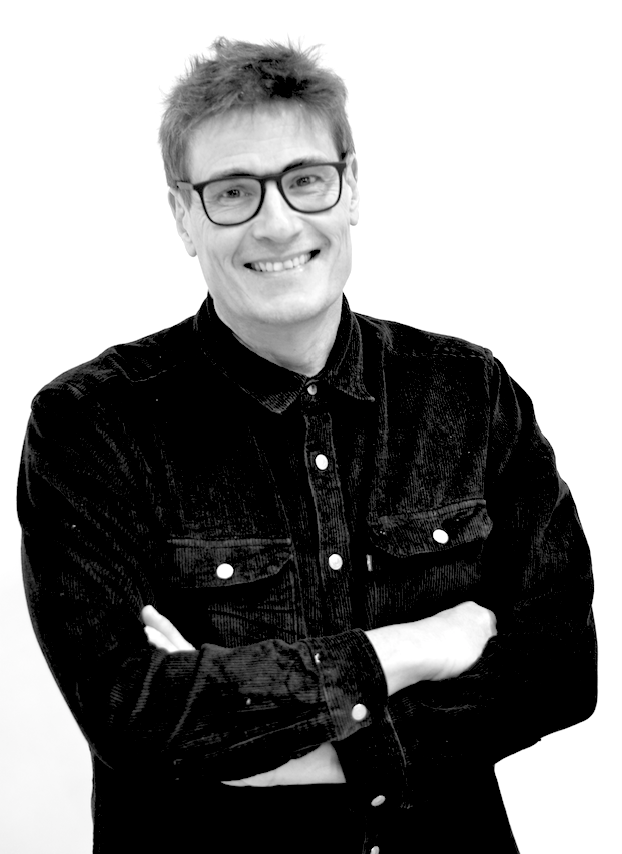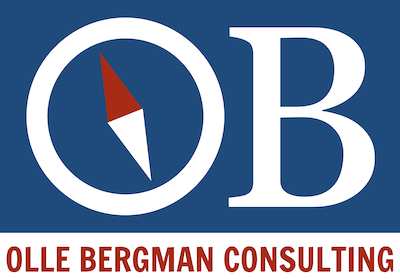Helping science & tech people get their messages across in many different ways:
• Skills-focused workshops for early-career scientists, students, and university teachers—both live and online.
• Research school courses in communication.
• Journalism, PR, and copywriting in the science, medicine, and tech fields.
About me
WRITER, TRAINER & AUTHOR
FROM SWEDEN
Based in Sweden, I am a communications consultant, public speaker, educator, and freelance writer.
My specialties include the following:
- Scientific communication and science dissemination.
- Presentation and writing techniques.
- Medical, technical, and scientific writing, aimed at a popular audience.
Through the years, I have worked for universities (Karolinska Institutet, KTH, Københavns Universitet, Lunds universitet, Politechnika Łódzka …), the industry (Astra Zeneca, Scania …), and NGOs (Cancerfonden, MultiHelix, Ung Cancer …).
Offers
- Training in the form of lectures, seminars, and workshops
- Research, editorial planning, and text production for magazines, websites, reports, etc.
- Concept development, strategic planning, networking activities
Och, ja – jag gör allt detta på svenska också om så önskas!
Training services
COMMUNICATION SKILLS FOR EARLY-CAREER SCIENTISTS
I offer lectures and workshops – live and online – on a number of topics related to communication. My main target groups are the following:
- Early-career scientists
- Students at bachelor or master level
- Engineers & R&D staff in the industry
- Communication professionals
Separate training modules
I currently offer six training subjects that can be combined into a customized event:
- General communication skills for science & tech people
- Power writing for communicators of science & tech
- Presentation techniques for novices as well as for experienced professionals
- The Elevator Pitch
- Scientific poster design
- Networking and social media for science & tech people
Research school series: the KC ladder
Together with staff at Lund University, I have developed a communication series for research schools aimed at Ph.D. students in the STEM field.
- Step 1: The Scientific Poster
- Step 2: The Elevator Pitch
- Step 3: The Scientific 10-Minute Presentation
Please email me for more information!
Philosophy
KEEP IT SIMPLE, ENGAGE YOUR AUDIENCE, AND NEVER BE BORING
After a long career, I believe in what I define as “The Grand Unified Theory” of communication. According to this mindset, there is a set of universal principles which can be applied to make communication more effective.
- Strive towards a goal: ”to change the world a little”.
- Embrace simplicity.
- Engage the audience as an authentic human being – as if you were having a conversation.
- Last but not least: never be boring.
As a knowledge worker, I get energized by the force field between the traditional and the brand-new. Or to quote the Swedish poet Gunnar Ekelöf:
“The established is good. The opposition against the established is good.”
”Det bestående är bra. Oppositionen mot det bestående är bra.”
Live Training modules
During the fall of 2022, I offer online training in the following subjects:
Module #1. General communication skills for science & tech people
Drawing up a “Grand Unified Theory of communication” for scientists and engineers, and demonstrating how it can be applied.
 Time: 30–120 minutes
Time: 30–120 minutes
Venue: lecture hall or seminar room
In this seminar, I give an introduction to a modern approach to communication – rooted in rhetorical tradition and using proven digital tools. I demonstrate how this mindset can be applied to writing, public speaking and the design of scientific illustrations and posters.
- Communication in general—five principles.
- Some dishes from the smorgasbord of rhetoric.
- Inverted pyramid style writing—an introduction.
- Public speaking: preparations, dealing with nervousness, delivery.
- PowerPoint: planning the slide deck and the delivery, designing the slides.
- Information design–notes on timelines, graphs etc.
- Research posters: a billboard, not a wall newspaper
Comment: I am a firm believer that there are principles, strategies and tools of communication which are universal. In my eyes, the Greek and the Romans already nailed it 2 000 years ago when they developed the art of rhetoric. Therefore, anyone who wants to be an effective communicator in one domain, e.g., science and technology, can learn a lot from other fields—especially those which are specialised in the communication process per se, e.g. journalism, PR and advertising.
Example slides
Module #2: Power writing for communicators of science & tech
Some tricks of the trade from journalism, PR & advertising
Time: 3–6 hours
Venue: computer room or classroom (where participants bring their own laptops)
 The academic environment still nurtures a somewhat constrained and conservative communication culture. As an engineer turned professional writer and public speaker, I want to point out how methods, knowledge and experience from other domains can be applied to scientific communication and science dissemination. In this seminar, we focus on writing skills–especially how to write short and quick pieces for the web.
The academic environment still nurtures a somewhat constrained and conservative communication culture. As an engineer turned professional writer and public speaker, I want to point out how methods, knowledge and experience from other domains can be applied to scientific communication and science dissemination. In this seminar, we focus on writing skills–especially how to write short and quick pieces for the web.
- Basic principles of communication & why rhetoric is still relevant in AD 2015.
- Journalistic texts, inverted pyramid style.
- Getting started: planning articles which are easy to write, fact check and publish.
- The email interview—the workhorse of busy web content writers.
- Working together, forming an editorial team.
- Popularizing science–some reflections.
Example slides
Online Training modules
During the fall of 2022, I offer online training in the following subjects.
Writing your personal communication plan
”Knowing where you’re at and defining where you’re heading helps you reach your goals faster!”
Setting up a communication plan not only helps you set goals and milestones – it also clarifies your strengths and weaknesses as a communicator. This helps you find the shortest paths to your targets, and also points out what impediments you should focus on. In this workshop, every participant produces an outline of a personal communication plan, getting valuable feedback from the course leader and the other participants.
Preparing and performing an elevator pitch
News writing, inverted pyramid style
”Knowing how to write news articles helps you improve your general communication skills!”
Science & tech people often have a hard time getting to the point. Instead of focusing on the main messages, they tend to get lost among the details of their subject. In this workshop, the participants learn how to write a short news piece, using the inverted pyramid technique from journalism.
Faced with the task of writing a quick news piece or press release? Would you like to be the writer who doesn’t hesitate, but rather gets the job done in an hour or two? This Zoom- based workshop helps you kickstart your learning journey.
Part 1 (lecture): Learn how to think like a journalist when approaching the task of writing – applying the inverted- pyramid technique as well as using five rhetorical questions – “the 5Ws” – to find the essence of your news message.
Part 2 (exercise): Write a fictional press release, targeted at a life science audience. Get feedback from the group and the workshop leader.
Convince the world with Ethos, Pathos, Logos
Aristotle defined the triad of ethos, pathos, logos in the 4th century BC, and ever since it has been a model to prepare and analyze convincing communication.
My Polish Friends
According to Wikipedia, a polonophile is “an individual who respects and is fond of Poland’s culture as well as Polish history, traditions and customs”. I can definitely sympathize with that. Some ten years ago, I noted that there is something in the character of Polish intellectuals that resonates with my disposition; as a group, they are a little more noisy, spontaneous, and passionate than the well-behaved, restrained, and level-headed Swedes that surround me.
Since then, I have developed professional cooperation with a number of Polish organizations and individuals.
 Academya
Academya
I am very happy to team up with my friends at Academya, for whom I will offer workshops in English.
“Academya was founded in 2011 by a group of academics in Poland and in the UK. Academya combines the expertise of professional language editors with specialist academic content reviewers who are leaders in their fields – giving researchers a unique opportunity to create the highest standards of academic papers. We also develop and deliver academic writing workshops and webinars for universities around the world.”




